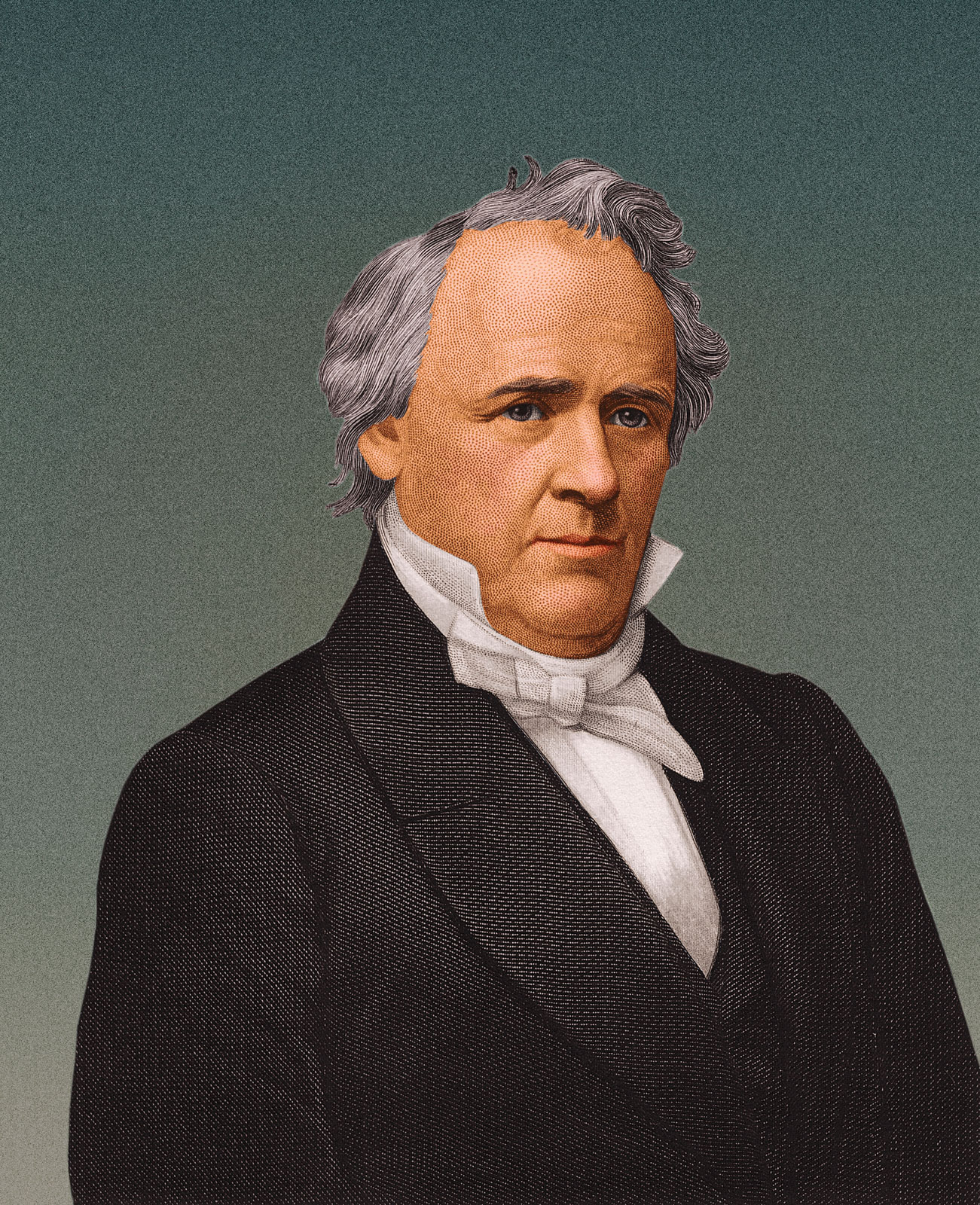James Buchanan, the 15th President of the United States, holds a complex and often controversial place in American history. Serving from 1857 to 1861, his presidency was marked by a series of challenges that ultimately led the nation toward the Civil War. Despite his extensive political experience, Buchanan's inability to effectively address the deepening divisions between the North and South has led many historians to scrutinize his legacy. This article will explore the life, presidency, and lasting impact of President Buchanan, shedding light on the man behind the office.
Understanding President Buchanan's role in the lead-up to the Civil War requires a closer look at his background and the political landscape of 19th-century America. As the last president before Abraham Lincoln, Buchanan faced enormous pressure and mounting tensions over issues such as slavery and states' rights. His decisions—or lack thereof—during this tumultuous era have sparked debate among scholars and the public alike, raising questions about his leadership and judgment.
In this exploration of President Buchanan, we will delve into his biography, key policies, and the critical events that shaped his presidency. Through examining his life and the choices he made, we can gain insights into the complexities of leadership in times of national crisis and the lasting ramifications of those decisions.
What Was President Buchanan's Early Life Like?
James Buchanan was born on April 23, 1791, in a log cabin in Cove Gap, Pennsylvania. From a young age, he displayed a strong interest in education and politics, eventually attending Dickinson College. Following his graduation in 1809, Buchanan studied law and began a successful career as a lawyer. His political journey began with his election to the Pennsylvania legislature in 1814, and he later served in various positions, including as a U.S. Congressman, Senator, and Secretary of State.
What Were President Buchanan's Key Policies?
During his presidency, Buchanan faced significant challenges, including the economic downturn known as the Panic of 1857 and the escalating conflict surrounding slavery. Some key policies and events during his administration included:
- The Dred Scott Decision, which further inflamed tensions over slavery.
- The enforcement of the Fugitive Slave Act, which mandated that escaped slaves be returned to their owners.
- His support for the Lecompton Constitution, which sought to admit Kansas as a slave state.
- A non-interventionist foreign policy, particularly regarding Central America.
How Did President Buchanan Handle the Slavery Issue?
One of the defining aspects of President Buchanan's presidency was his approach to the slavery issue. He believed in a hands-off approach, thinking that allowing states to determine their own status regarding slavery would lead to a peaceful resolution. However, Buchanan's support for pro-slavery policies, such as the Lecompton Constitution and his endorsement of the Dred Scott Decision, ultimately alienated many Northerners and intensified the divide between the regions.
What Were the Major Events During President Buchanan's Presidency?
President Buchanan's time in office was marked by several key events that would shape the country’s future:
- The John Brown Raid at Harpers Ferry in 1859, which was seen as a catalyst for the Civil War.
- The secession of Southern states following Lincoln's election in 1860.
- The increasing violence in "Bleeding Kansas," as pro and anti-slavery factions clashed.
How Did President Buchanan's Presidency End?
As Buchanan's term came to a close, he faced immense criticism for his handling of secession and the impending Civil War. Many historians argue that his inaction and indecisiveness contributed to the crisis. He famously claimed that secession was unconstitutional but failed to take meaningful action to prevent it. By the time Abraham Lincoln took office in March 1861, seven Southern states had already seceded from the Union.
What Is President Buchanan's Legacy?
The legacy of President Buchanan remains contentious. While he was a man of considerable political experience, his presidency is often viewed as a failure due to his inability to unite a fractured nation. Modern historians frequently label him as one of the least effective presidents in American history. However, some argue that he was trapped in a situation beyond his control, as the nation was on an inevitable path toward conflict.
What Can We Learn from President Buchanan's Presidency?
President Buchanan's tenure serves as a cautionary tale about the importance of leadership during times of crisis. His failure to address the issues facing the nation highlights the necessity for decisive action and moral clarity in governance. The lessons learned from his presidency continue to resonate today, as leaders grapple with complex and divisive issues. By studying President Buchanan's life and choices, we gain valuable insights into the dynamics of power, responsibility, and the consequences of political decisions.
Personal Details and Bio Data of President Buchanan
| Detail | Information |
|---|---|
| Full Name | James Buchanan |
| Birth Date | April 23, 1791 |
| Birth Place | Cove Gap, Pennsylvania |
| Presidency | 1857 - 1861 |
| Political Party | Democratic Party |
| Death Date | June 1, 1868 |
| Death Place | Lancaster, Pennsylvania |
In conclusion, President Buchanan's presidency is a rich topic for exploration. His decisions and policies continue to provoke discussion among historians and political scholars. By understanding his life and the context in which he served, we can appreciate the complexities of leadership and the profound impact that individual choices can have on the course of history. The legacy of President Buchanan, while often criticized, is a reminder of the challenges faced by those who wield power in a divided society.

:max_bytes(150000):strip_icc()/793px-James_Buchanan_-_post_presidency-5962f8da3df78cdc68bb315f.jpg)


